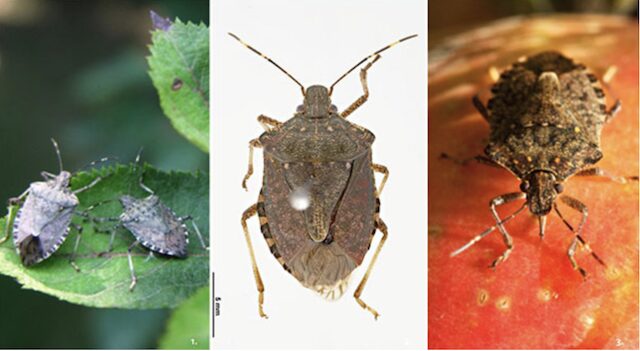Updated Biosecurity Checklist
Australia’s Department of Agriculture, Fisheries and Forestry (DAFF) has recently updated their “Starting on the Right Tack” Biosecurity checklist for non-commercial vessels arriving into Australian waters.
The checklist is designed to help non-commercial vessels such as yachts and superyachts prepare for arrival in Australian territory and to ensure vessels comply with Australian biosecurity regulations before and during arrival.
It focuses on reporting requirements, vessel inspection readiness, and management of potential biosecurity risks and is available for download from the DAFF non-commercial vessel webpage.

Travelling through the Torres Strait
Non-commercial vessels transiting through the Torres Strait or within any Australian Territorial Waters are entitled to uninterrupted passage in accordance with Articles 17, 18, 38, and 39 of the United Nations Convention on the Law of the Sea (UNCLOS).
For vessels undertaking such transit, submission of a Pre-Arrival Report (PAR) is not required for these journeys, including instances where operators anchor briefly for safety reasons.
However, should vessel operators engage in any interaction with persons, other vessels, wildlife, or plan to go ashore, they must submit a PAR and, at a minimum, complete the pratique process to assess the human health of all persons on the vessel.
For questions, contact the Maritime Thursday Island office or find your nearest DAFF maritime biosecurity office.
Exotic pests, diseases and weeds
Exotic pests, diseases and weeds can hitch a ride with vessels so here are some tips on what to look out for onboard.
Live or dead animals: Reptiles, birds, mice and even cats have arrived in Australia as stowaways inside containers and on vessels. Also keep an eye out for beetles, bugs, bees, their hives, snails, and ants.
Egg masses on any surface: Which can resemble pale furry lumps.
Holes in timber or frass: which is the powdery substance expelled from the timber when there is borer activity. Items including furniture, flooring, and packing materials made from wood can have borers and termites hidden inside. If you see holes in timber with frass nearby then it’s likely there are live borers inside. Sometimes unprocessed plant materials such as rice husks and straw are used as packing materials which can harbour pests and seeds.
Mosquito activity around pooled water: Water can contain organisms including mosquito larvae and algae. Australia is currently free of the mosquitoes that transmit a range of serious human diseases such as malaria.
Plant matter, soil or mud: Often combined and attached to a surface (e.g. on machinery). Straw, leaves, bark and other plant material could introduce pests and diseases. Hidden seeds can allow exotic plants to establish as weeds. Soil can easily hide eggs, insects, snails, seeds and microbes that can cause animal and plant diseases.
For more information see Pests and Plants.
The Brown Marmorated Stink Bug (BMSB)
This is an insect that is exotic to Australia and considered a seasonal hitchhiker pest. Adult BMSB are 12 to 17 millimetres long and mottled with a faint reddish tinge. While species of stink bugs in Australia may look similar, adult BMSB have distinctive black and white banding around the edge of the abdomen with white bands on the last 2 antennal segments. BMSB can produce huge populations that become a major problem for our agriculture industries because it feeds on more than 300 types of plants and trees. It is also a household nuisance because it invades homes and sheds in mass numbers and emits an offensive smell. Stay vigilant for insects on board your yacht. Manage them if you can. Where you see any unexpected pests, plant matter or soil, secure the area and report them immediately.
Call our See. Secure. Report hotline on 1800 798 636 or complete our online reporting form.
Want to know more?
- BMSB Resource Hub for factsheets and (video)
- Research on the Brown Marmorated Stink Bug (BMSB) and the growing menace of other pest stink bugs.

More about Biosecurity in Australia
We can all do our bit for Biosecurity. For an overview, how we all play a part in biosecurity and the challenges, check out this video www.agriculture.gov.au/about/news/australias-biosecurity-overview or visit the DAFF website.
…………………………………
This information has been compiled from the Australian Government’s Department of Agriculture, Fisheries and Forestry Biosecurity Non-Commercial Vessel News, August 2025 edition
…………………………………
© 2025 Noonsite. This content was edited by Noonsite. Do not reproduce without permission. All rights reserved.
If you have found this information useful, become a paid member to enjoy unlimited use of Noonsite plus many other perks. Your membership fees really help our small, dedicated team keep country information up-to-date in support of cruisers worldwide. Find out more about Noonsite Membership levels and benefits here.
Subscribe to our FREE monthly newsletter.

